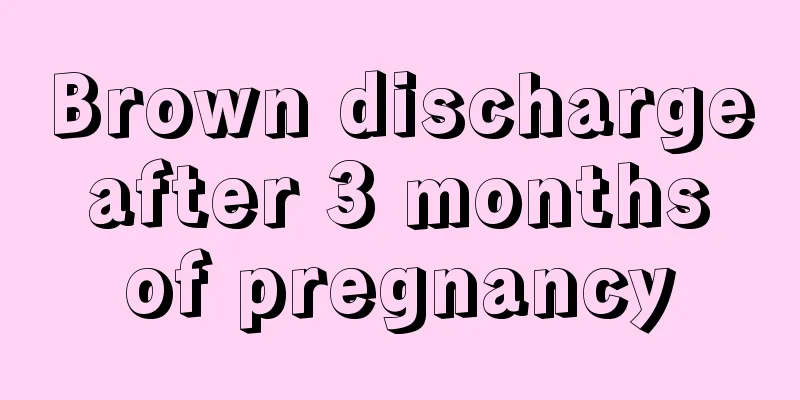What causes hair loss during breastfeeding?

|
Postpartum hair loss is also known as childbirth-related hair loss in medicine. The main reason is the influence of hormone levels and mental factors in the body, but it is sometimes related to daily nutritional status. Let’s talk about the specific causes of hair loss below. 1/ Changes in hormone levels. When estrogen levels are high, hair renewal slows down, and vice versa, hair renewal speeds up. The amount of estrogen in a pregnant mother's body increases during pregnancy, which prolongs the "lifespan" of the hair that would normally fall out during pregnancy. When the baby is born, the estrogen content in the mother's body begins to decrease, and the hormone ratio gradually returns to the normal balance before pregnancy. Due to the "lower" estrogen level in the body, the "overdue" hair retires and falls out, and new hair cannot grow for a while, causing the hair to show a "gap" condition, resulting in thinning of hair and accompanied by itchy scalp and increased dandruff. 2/ Stimulation of mental factors. Pregnant mothers are always in a state of tension from the time of delivery to the postpartum period and are easily fatigued. In addition, breastfeeding and taking care of the baby personally affect their sleep. These factors are all causes of hair loss. When hair falls out, the mother will feel anxious and uneasy, which creates new mental stimulation, and the cycle continues, causing more and more hair loss. 3/Imbalanced nutritional supply. Because pregnancy and childbirth are extremely exhausting processes for women, postpartum body recovery and baby feeding require a lot of nutritional supplements. If the mother has poor digestion and absorption function after childbirth, or the diet is too monotonous, or she is picky about food, or even some mothers go on a diet to maintain a slim figure after childbirth, it is easy to suffer from nutritional deficiencies or unbalanced nutrition, resulting in insufficient supply of protein, vitamins or minerals in the body, thus affecting hair growth and metabolism. 4/ Improper hair care. Some mothers are afraid to wash or comb their hair during the confinement period, which causes the sebum secretions and dust on the scalp to mix and accumulate, which not only affects the blood supply to the head, but also easily causes folliculitis or scalp infection, thereby increasing the chance of hair loss. |
<<: What are the symptoms of acute pelvic inflammatory disease
Recommend
Where are the pelvic appendages located?
The pelvic cavity refers to the entire pelvic are...
Cervical cauliflower
The female uterus is a very important organ for w...
What are the symptoms of secondary breast development?
Female breast hyperplasia is a disease that women...
What are the symptoms of condyloma acutum
We live in an environment full of viruses and bac...
How to prune miniature roses? Can the new branches of miniature roses bloom after pruning?
Miniature rose is a variety of rose, referred to ...
Why does water spinach turn black after being fried? How to prevent water spinach from turning black after being fried
We all know that water spinach is a common vegeta...
Beware of "holiday sickness", you need to know these scientific medication knowledge!
The Spring Festival of the Year of the Rabbit is ...
What should I do if my skin turns yellow after childbirth?
After ten months of pregnancy and giving birth, t...
A piece of five-nut mooncake makes Europeans and Americans "annihilate". Are Chinese people not prone to allergies?
“Chinese people are not prone to allergies?” Some...
Inhomogeneous myometrium in early pregnancy
Women in early pregnancy often feel drastic chang...
What are the effects of sunspots on the Earth? How was the Earth born?
The Earth is the third planet from the inner to t...
Pink sputum, rust-colored sputum, pus-smelling sputum...what's going on?
Author: Shi Huanzhong, Chief Physician, Beijing C...
What are the four major grasslands in China? Which station should I take the train to Hulunbuir Grassland?
Blue sky and white clouds, green grass and waves,...
Can I drink Coke when I have my period?
Coke has always been a favorite drink for many pe...
Is it normal for my period to come three days early?
Early and delayed menstruation are symptoms of ir...









